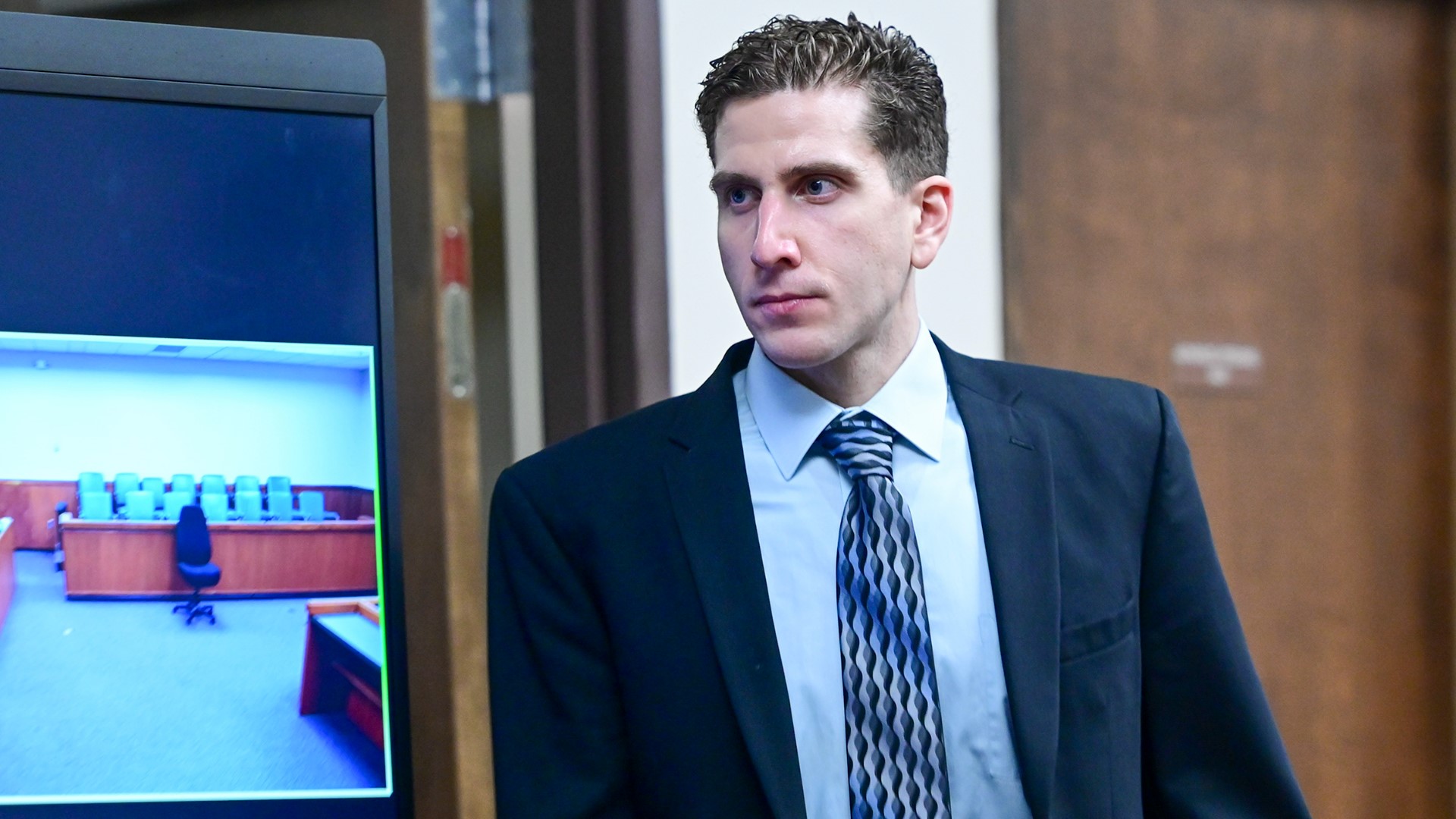Understanding the Kohberger Case: A Closer Look
Let’s break this down for a moment. Bryan Kohberger, the man accused of the tragic murders of four college students in Idaho last year, is facing one of the most high-profile trials in recent memory. But here’s the twist—his defense team is making a bold argument. They’re claiming that Kohberger’s physical appearance and personality traits, specifically his intense gaze and lack of emotional expression, could lead to an unfair conviction. It’s like saying, “Hey, don’t judge a book by its cover—or in this case, by his stare.”
The 'Piercing Stare' Controversy
Now, here’s where things get interesting. Kohberger’s lawyer is arguing that his client’s so-called “piercing stare” isn’t some sinister trait—it’s actually a symptom of autism spectrum disorder. The defense claims that Kohberger’s autism, combined with obsessive-compulsive disorder (OCD) and developmental coordination disorder, affects how he presents himself in court. He doesn’t show the expected emotions on his face, he sits very still, and his hands remain in the same position. To the untrained eye, it might seem like he’s detached or cold, but the defense insists this couldn’t be further from the truth.
Why Jurors Need to Know
Imagine sitting on a jury and looking across the room at someone who doesn’t react the way you’d expect. Maybe they don’t cry, they don’t fidget, and they maintain an intense stare. Without context, it’s easy to jump to conclusions. That’s why Kohberger’s defense team is pushing hard to educate the jury about his conditions. They want experts to testify about his behaviors, ensuring that jurors understand his “piercing stare” isn’t a sign of guilt—it’s simply part of who he is. It’s a delicate balance, but one that could make all the difference in the outcome of the trial.
Read also:Patrick Schwarzenegger Rising Star Of The White Lotus Season 3
The Alibi Debate: Is It Specific Enough?
On the flip side, prosecutors are questioning the credibility of Kohberger’s alibi. They argue that his account lacks the specificity required by Idaho law. This is a critical point because, in Idaho, defendants must provide a detailed alibi to avoid conviction. If the prosecution can successfully poke holes in Kohberger’s timeline, it could weaken his defense significantly. It’s a game of details, and both sides are digging deep to find the smoking gun—or the missing link.
Excluding Evidence: What’s at Stake?
Kohberger’s defense team isn’t stopping there. They’re also fighting to exclude a host of evidence from his upcoming capital murder trial, set to take place this summer. This includes digital records, statements, and other pieces of information they believe could prejudice the jury. It’s a strategic move, no doubt, but it also highlights just how high the stakes are in this case. Every piece of evidence, every word spoken in court, could tip the scales one way or the other.
Will Autism Be a Factor in the Death Penalty Decision?
Another question looms large: Will Kohberger’s autism be cited as a mitigating factor if the case reaches the death penalty phase? His defense team is laying the groundwork for this possibility, emphasizing that his conditions could impact his ability to understand the consequences of his actions—or even his behavior in court. It’s a complex argument, but one that could resonate with jurors who are willing to look beyond surface-level impressions.
Final Thoughts: A Fair Trial for All
At the heart of this case is a fundamental question: Can Bryan Kohberger receive a fair trial given the intense media scrutiny and public opinion surrounding the murders? His defense team is working tirelessly to ensure that jurors see the full picture, not just the surface-level traits that might unfairly sway their judgment. As the trial approaches, the world will be watching to see how this unfolds. One thing is certain—this case is about more than just guilt or innocence. It’s about fairness, understanding, and giving everyone a chance to be seen for who they truly are.
Address: 123 Main Street, New York, NY 10001


